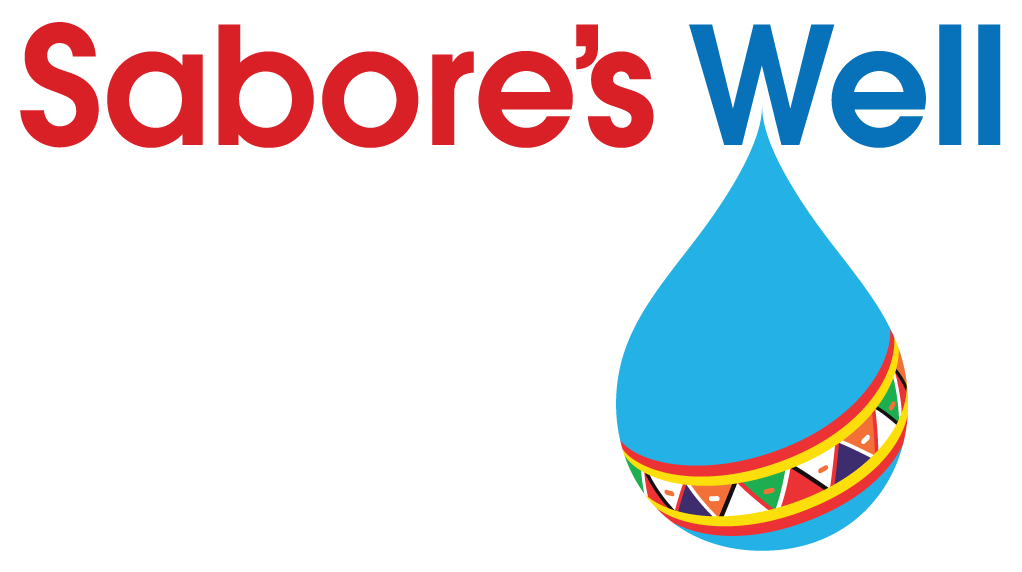Naretu Academy
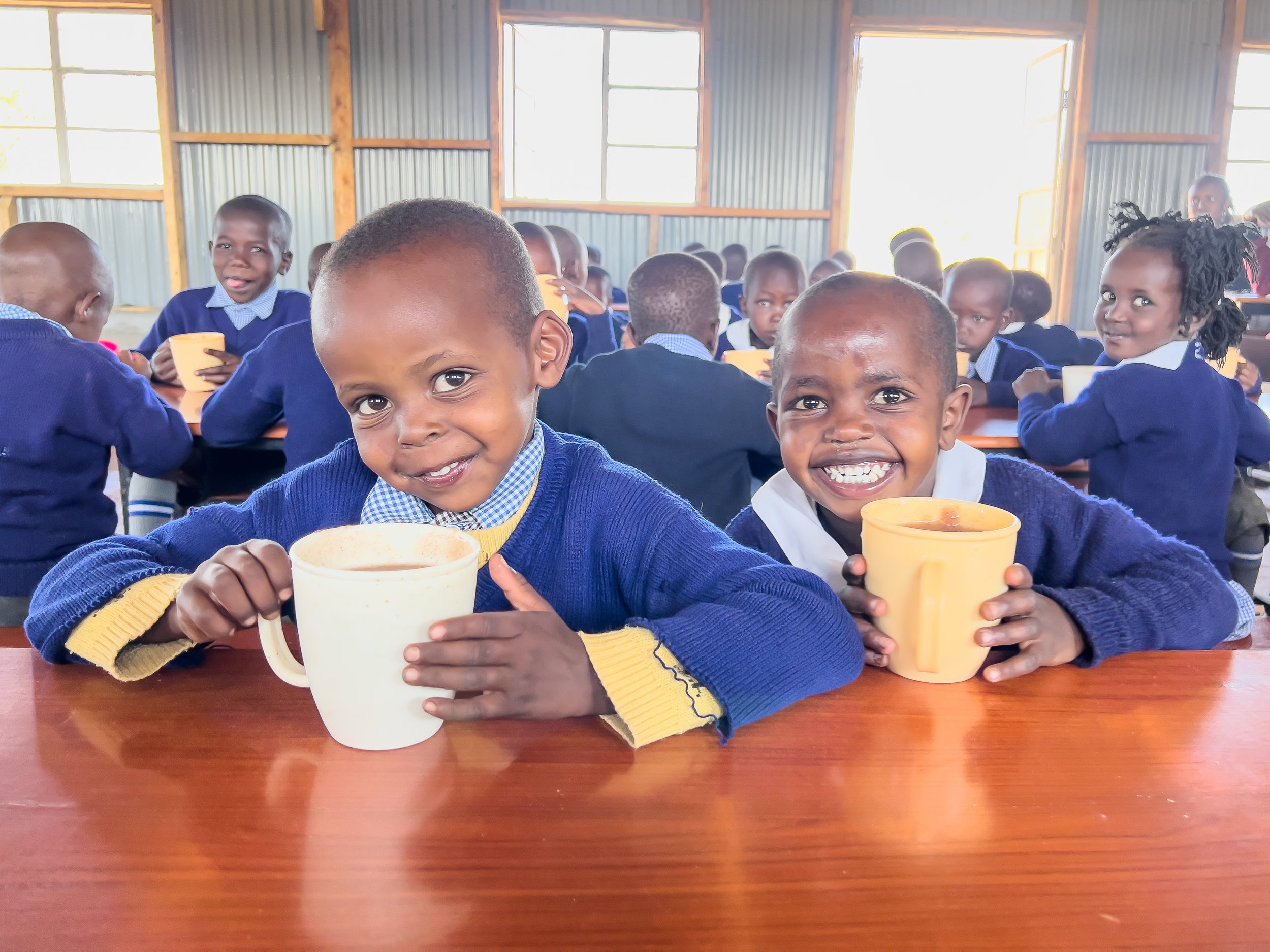
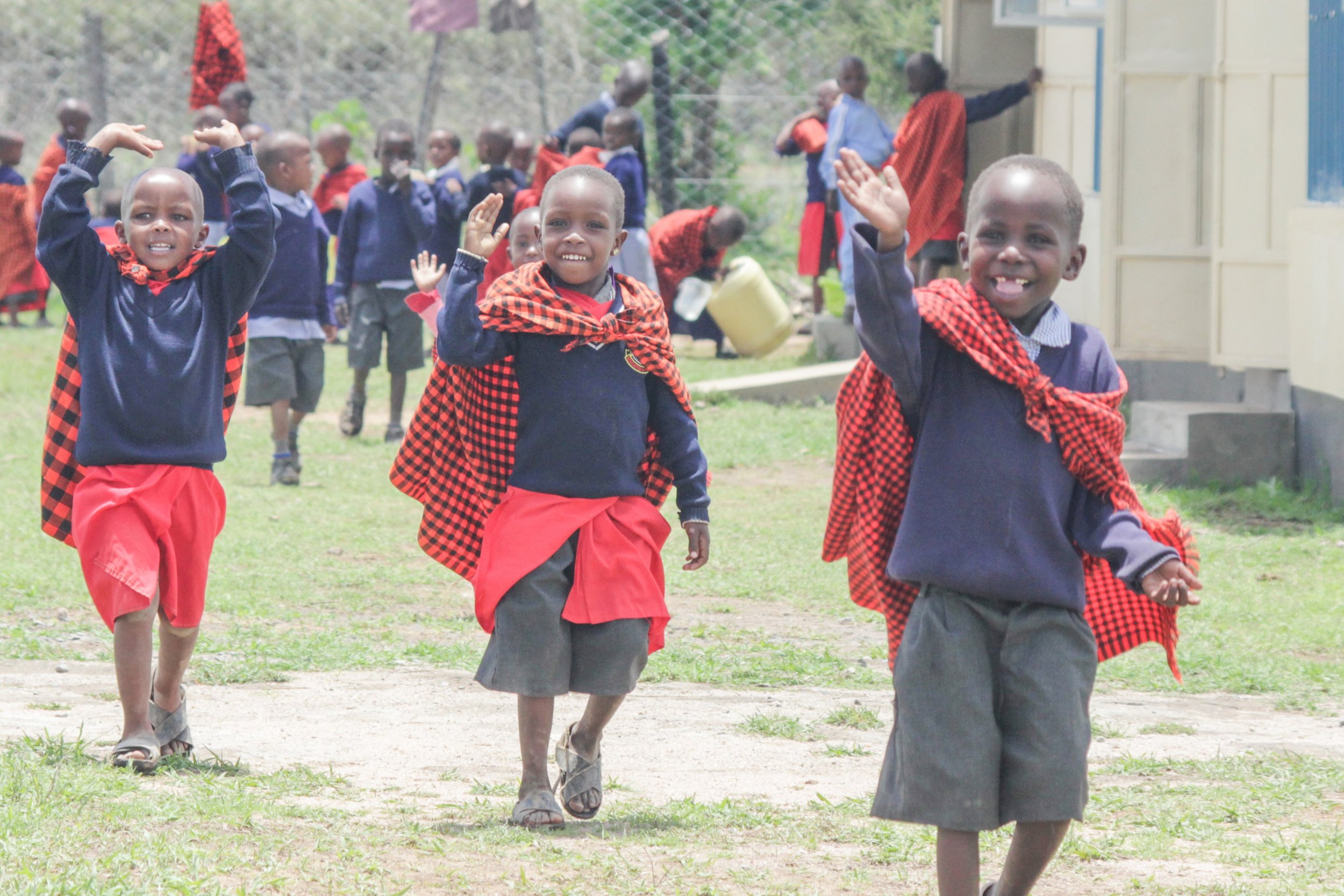
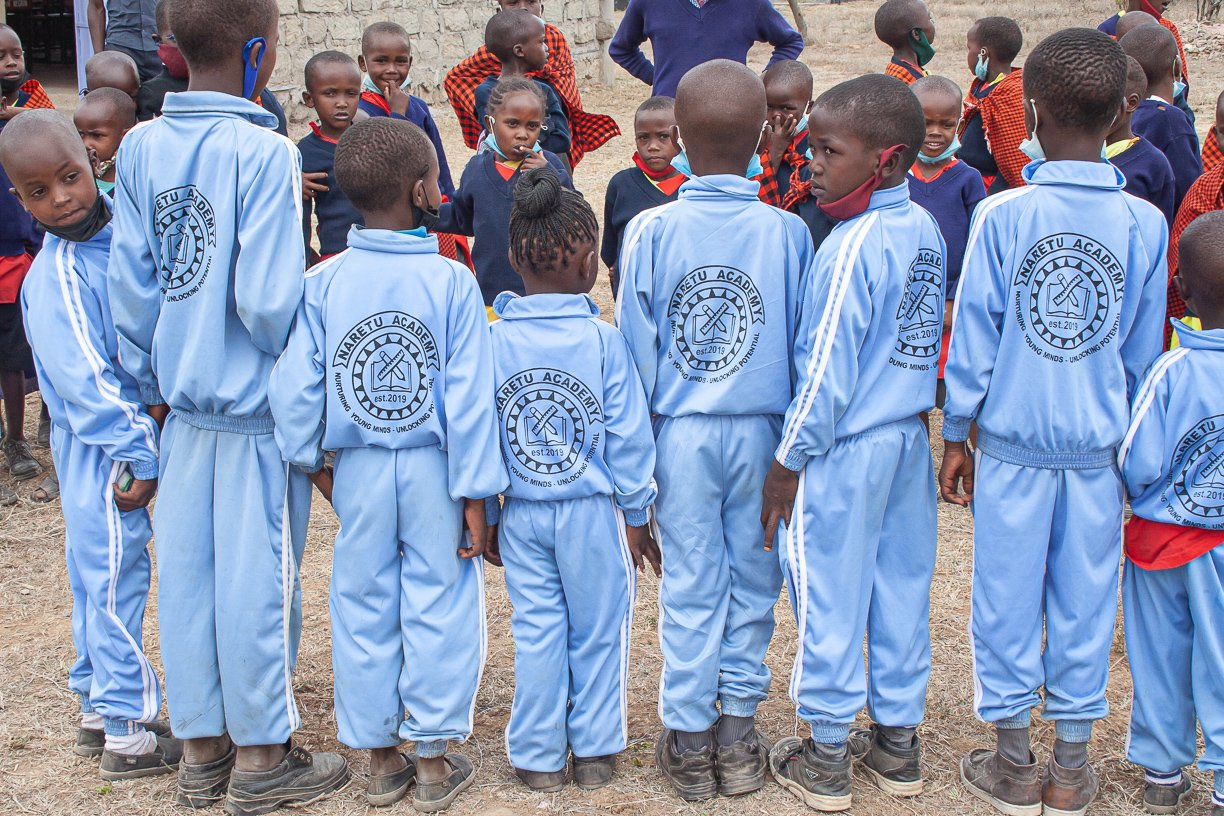
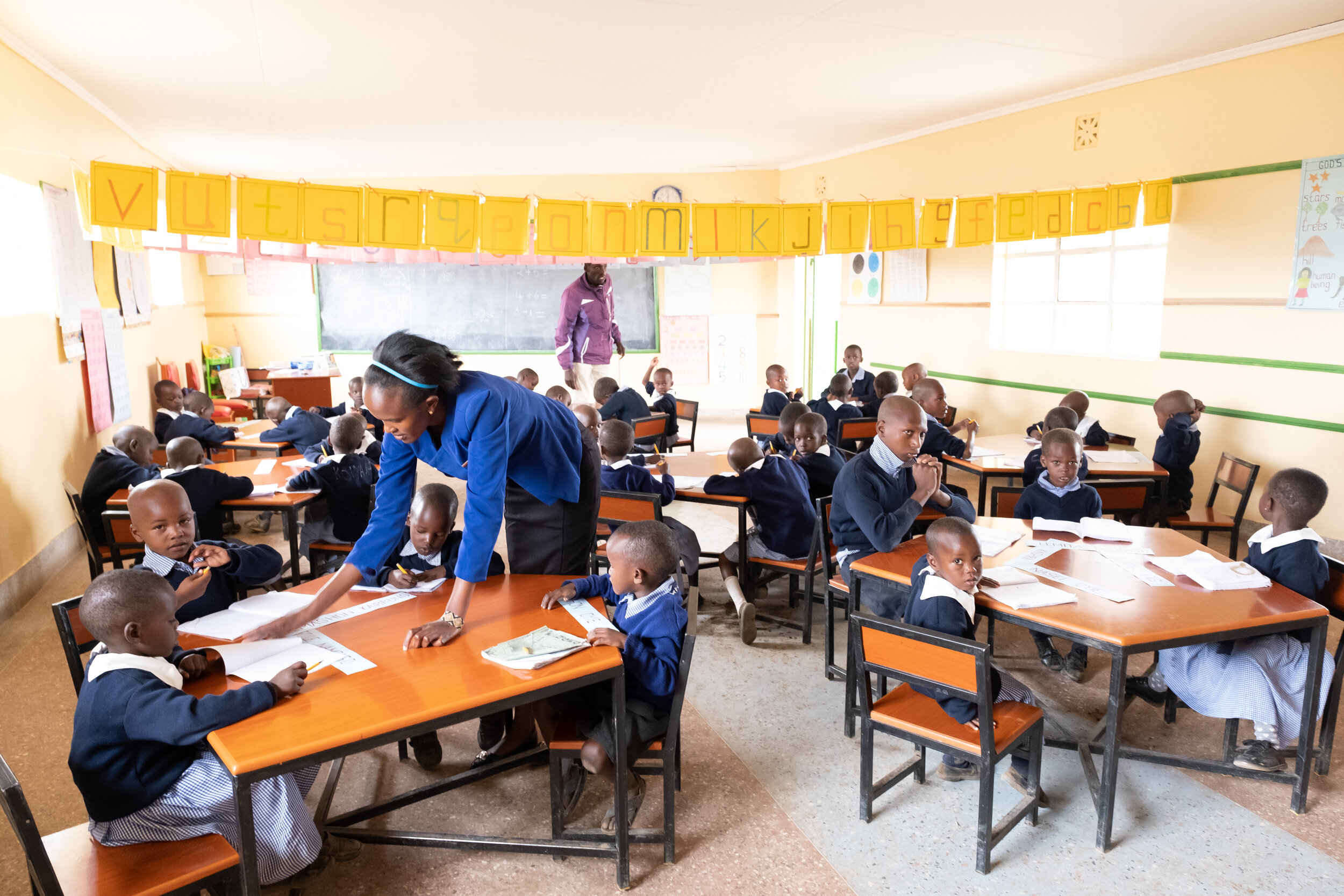
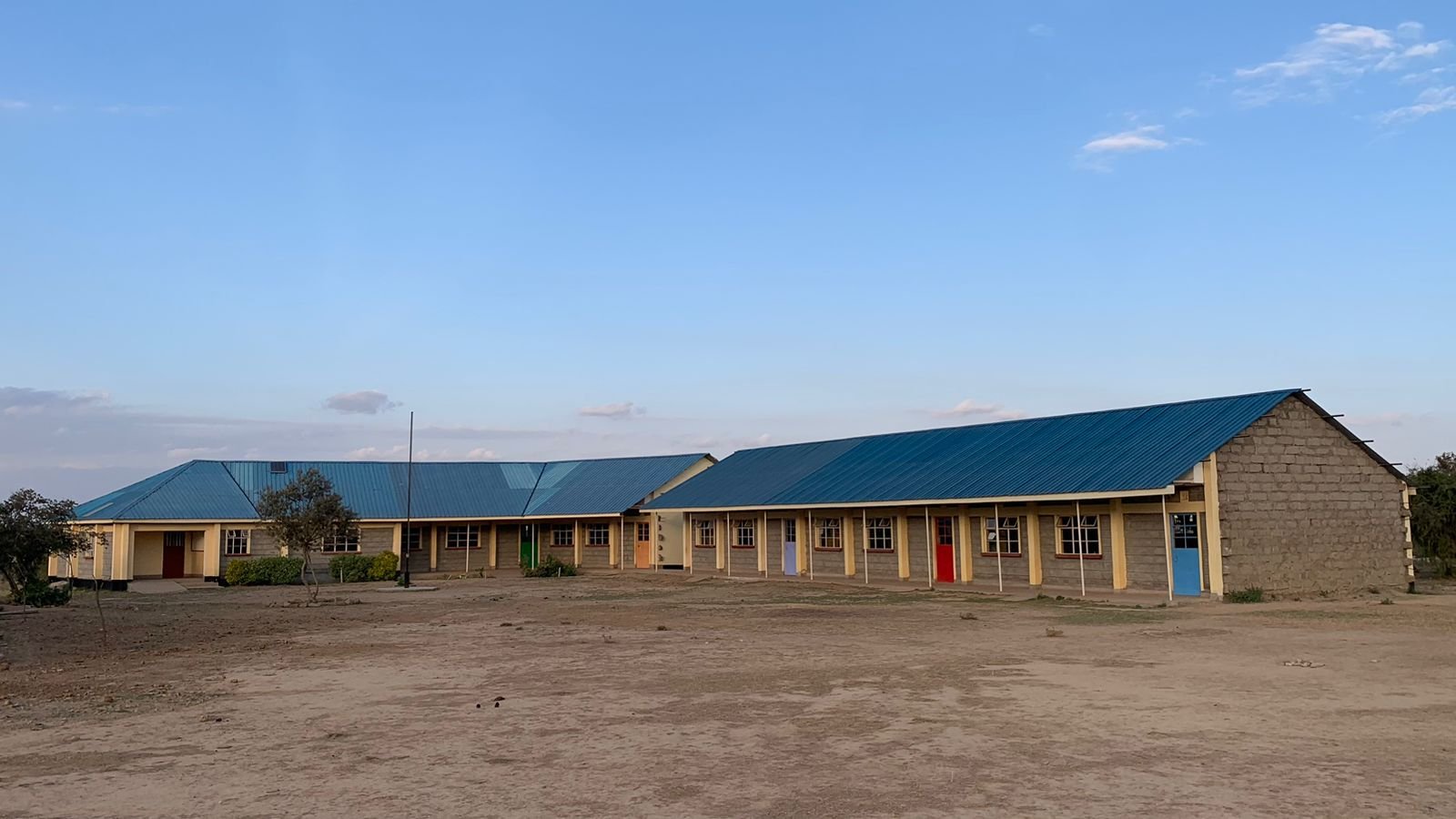
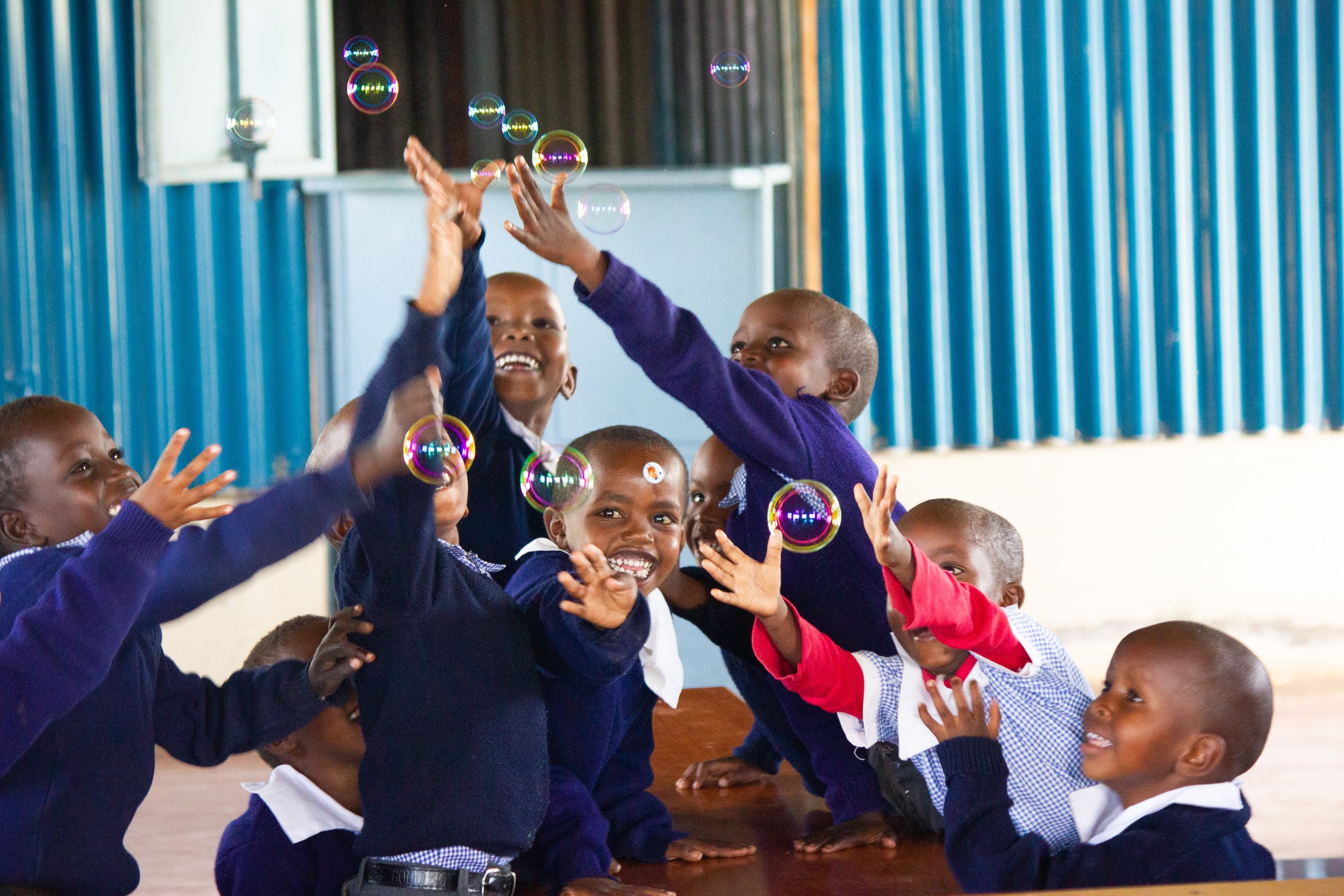
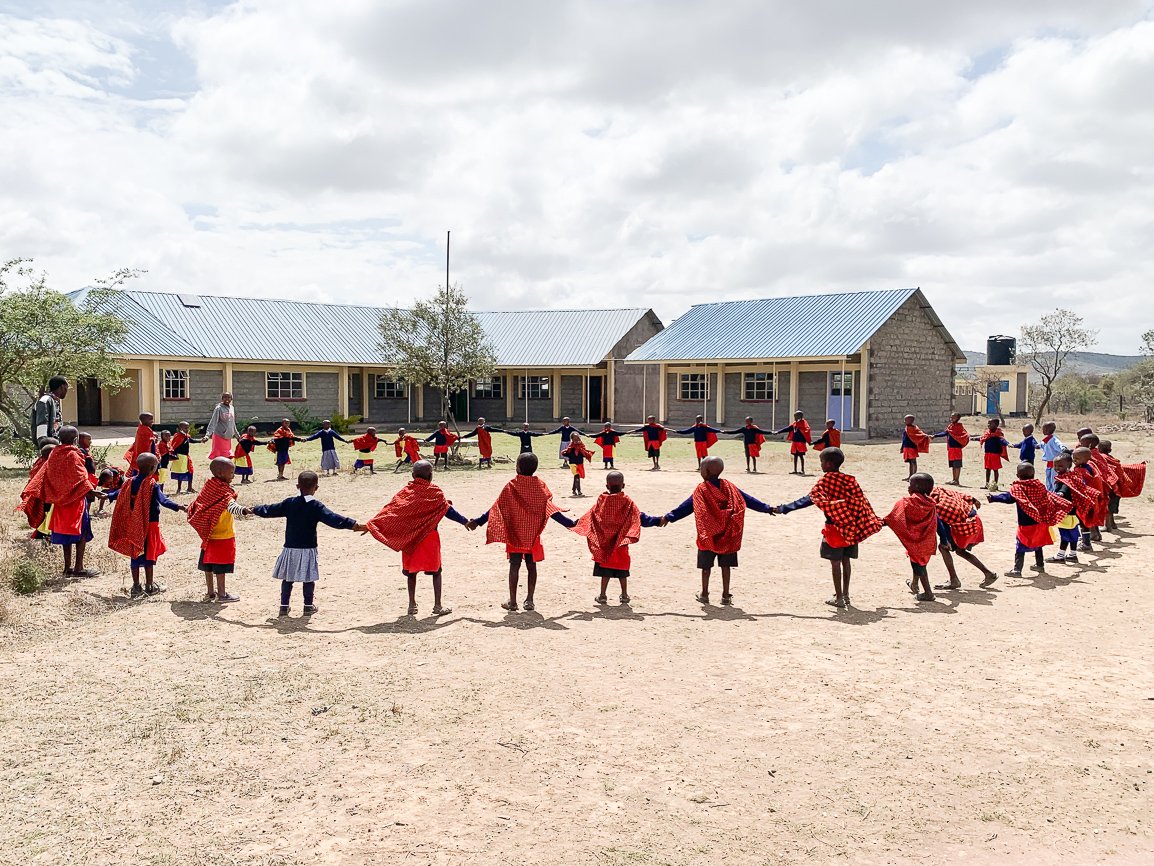

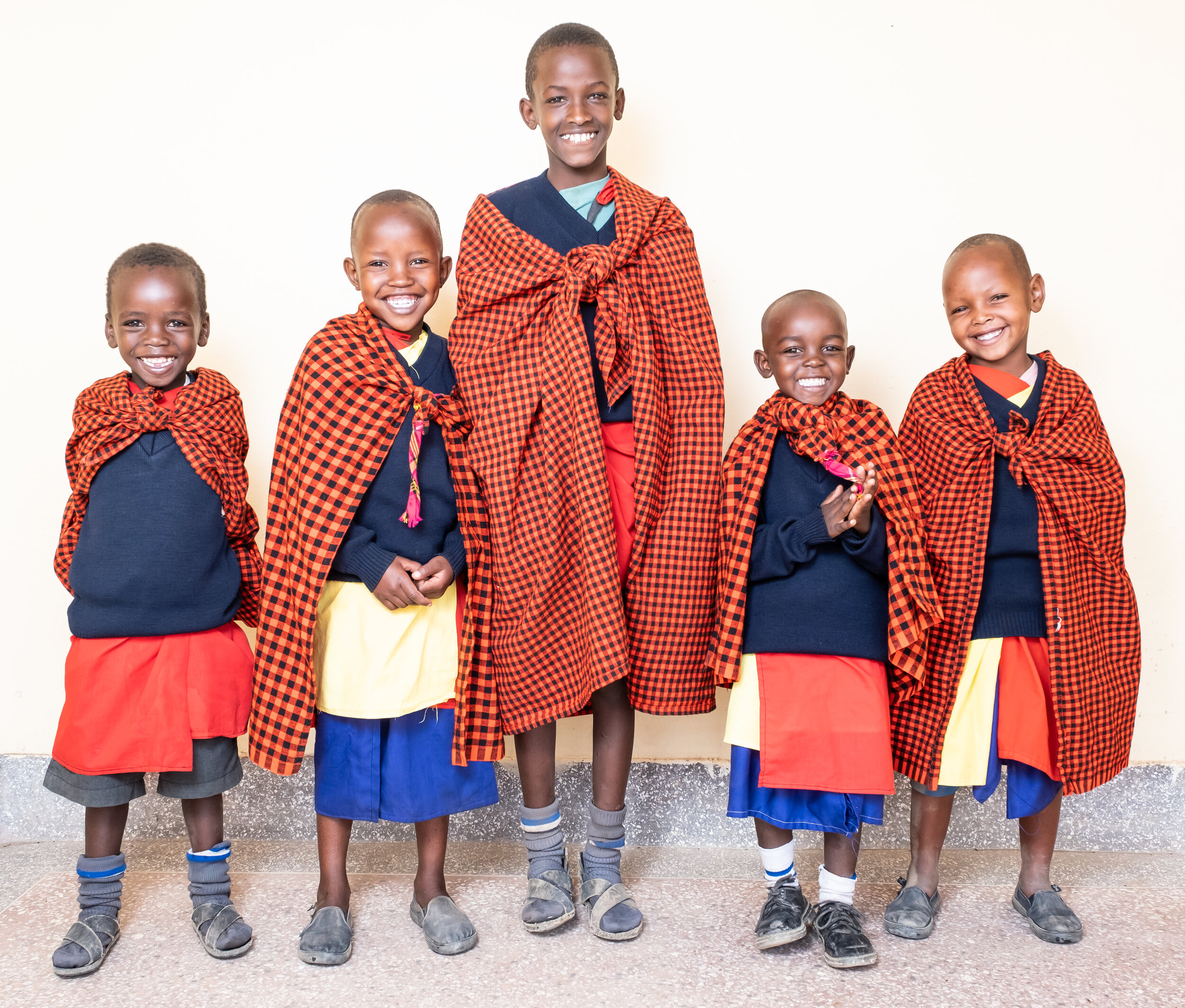
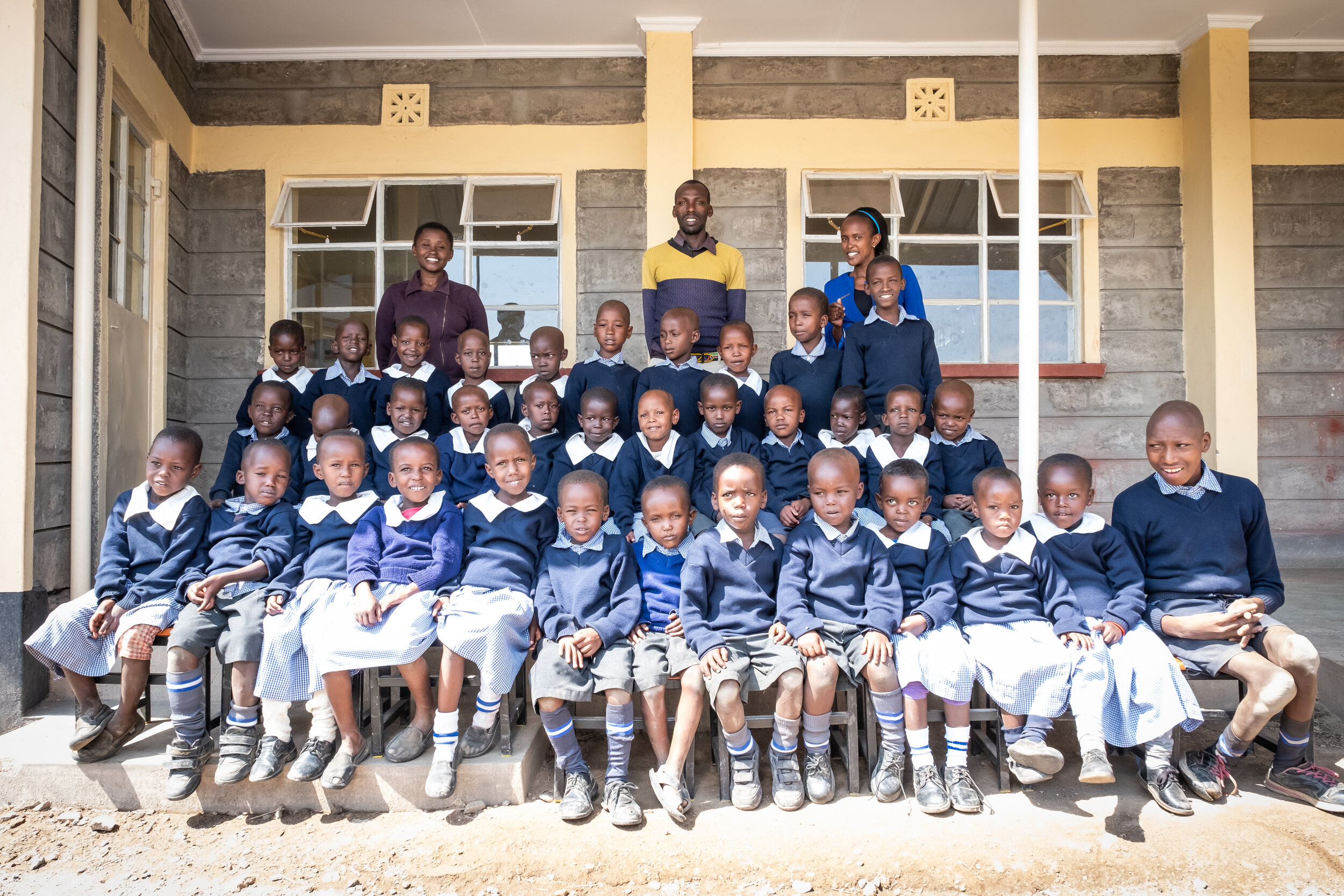
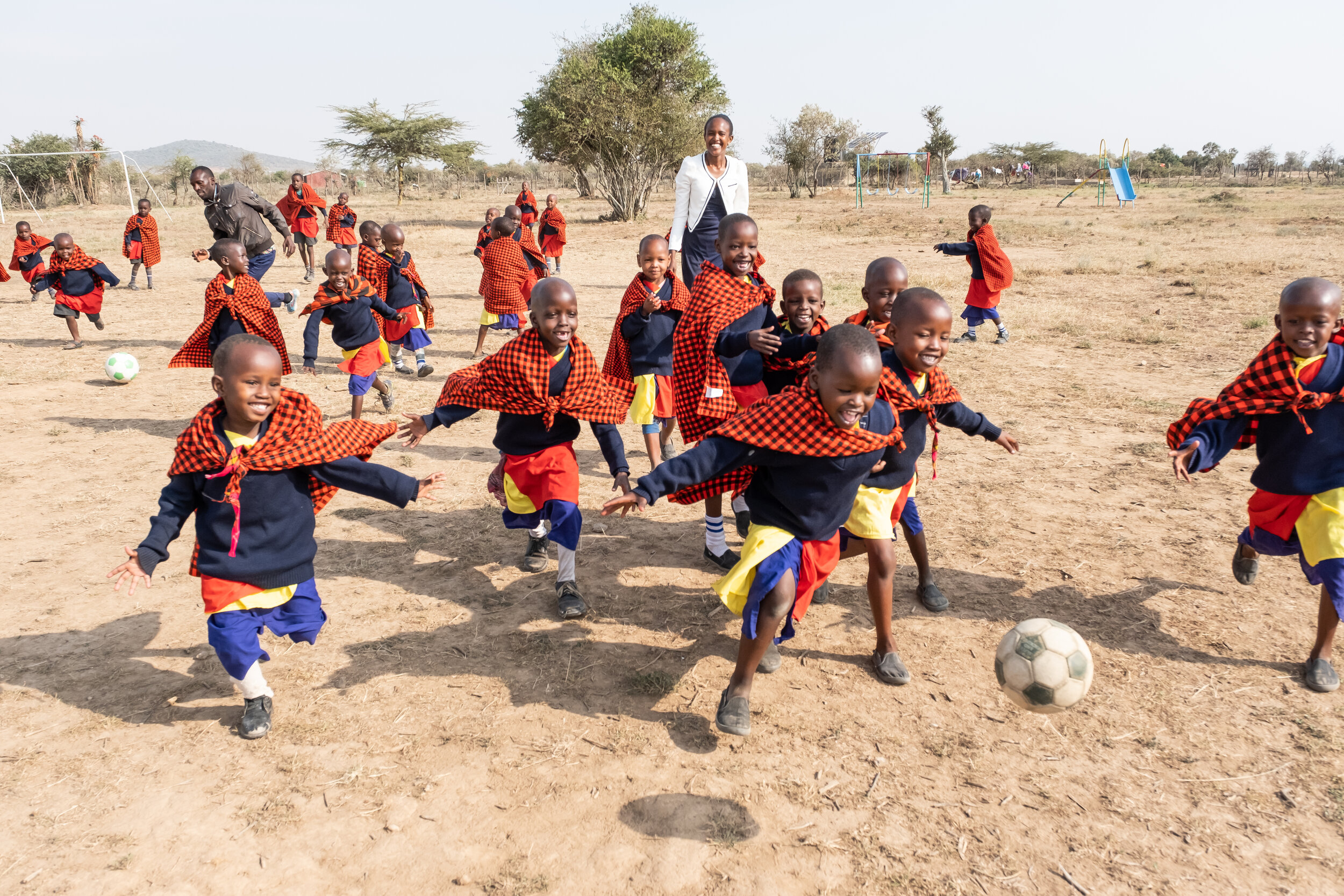
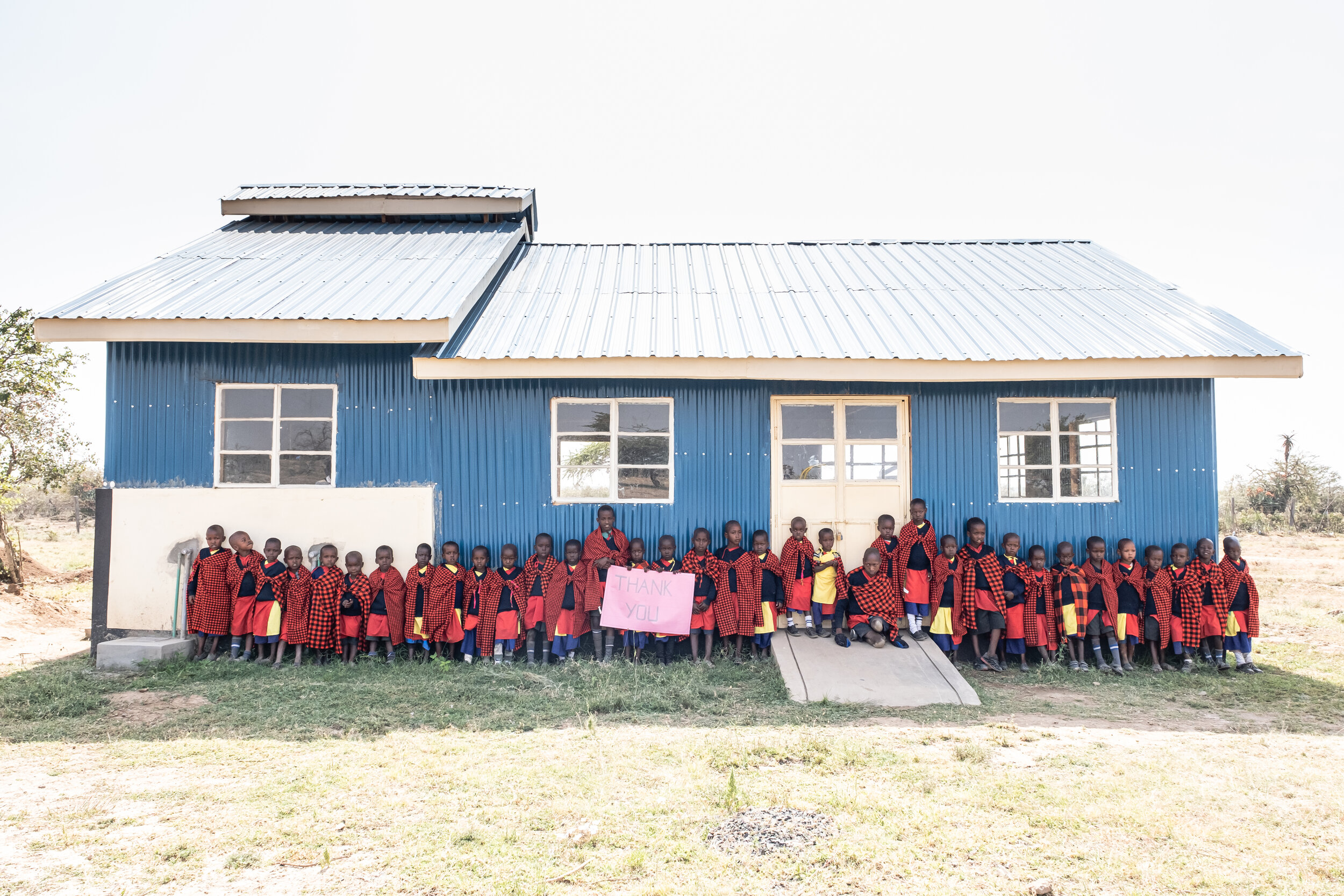
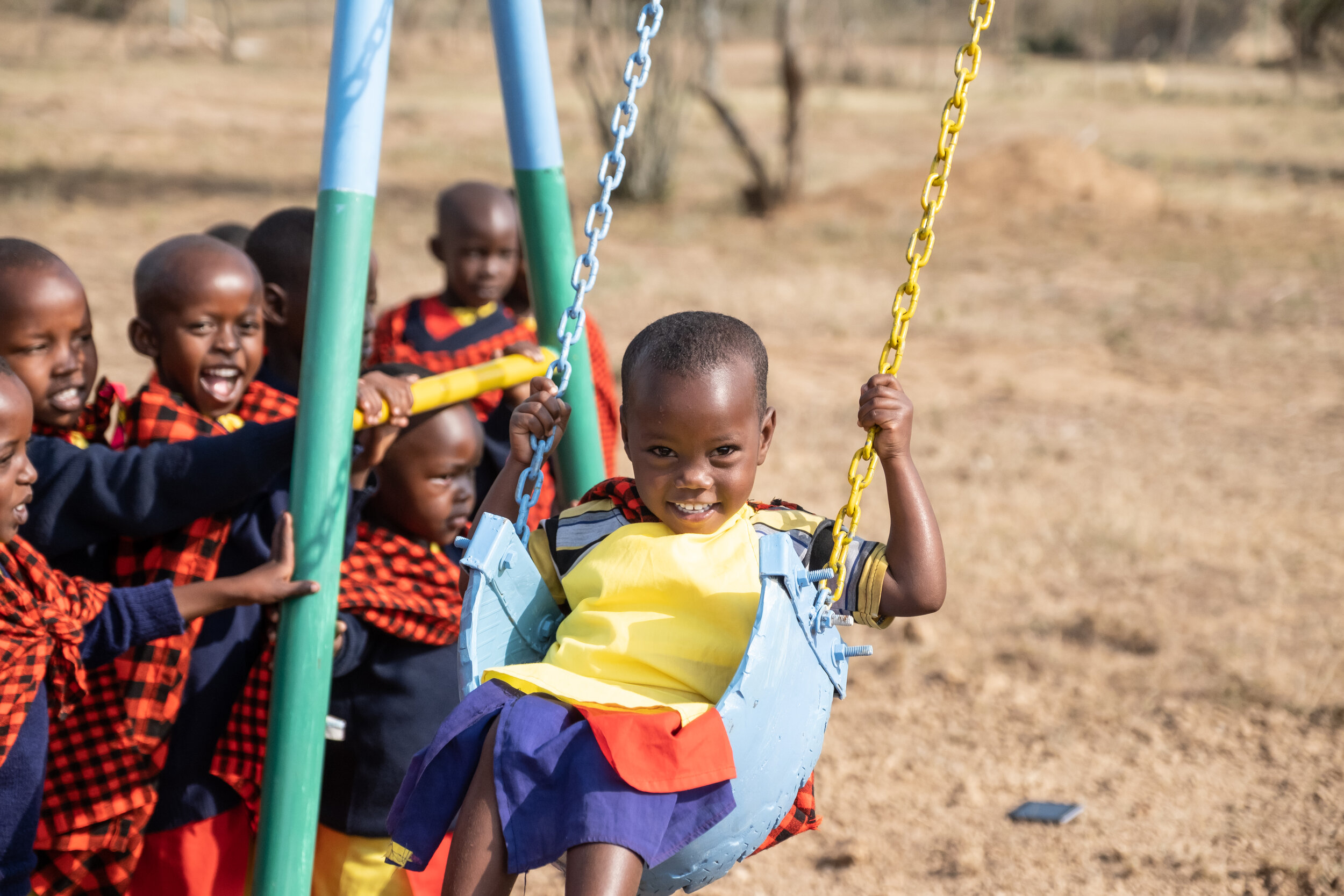
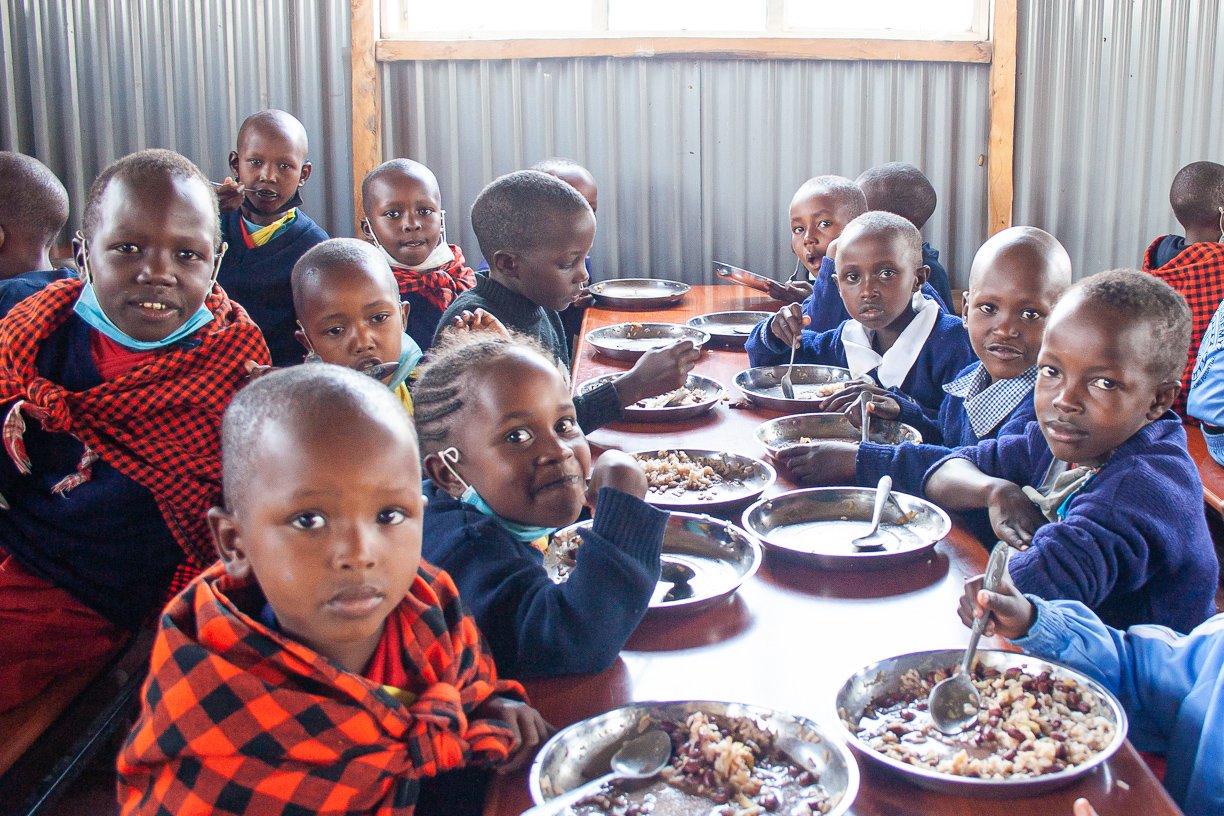

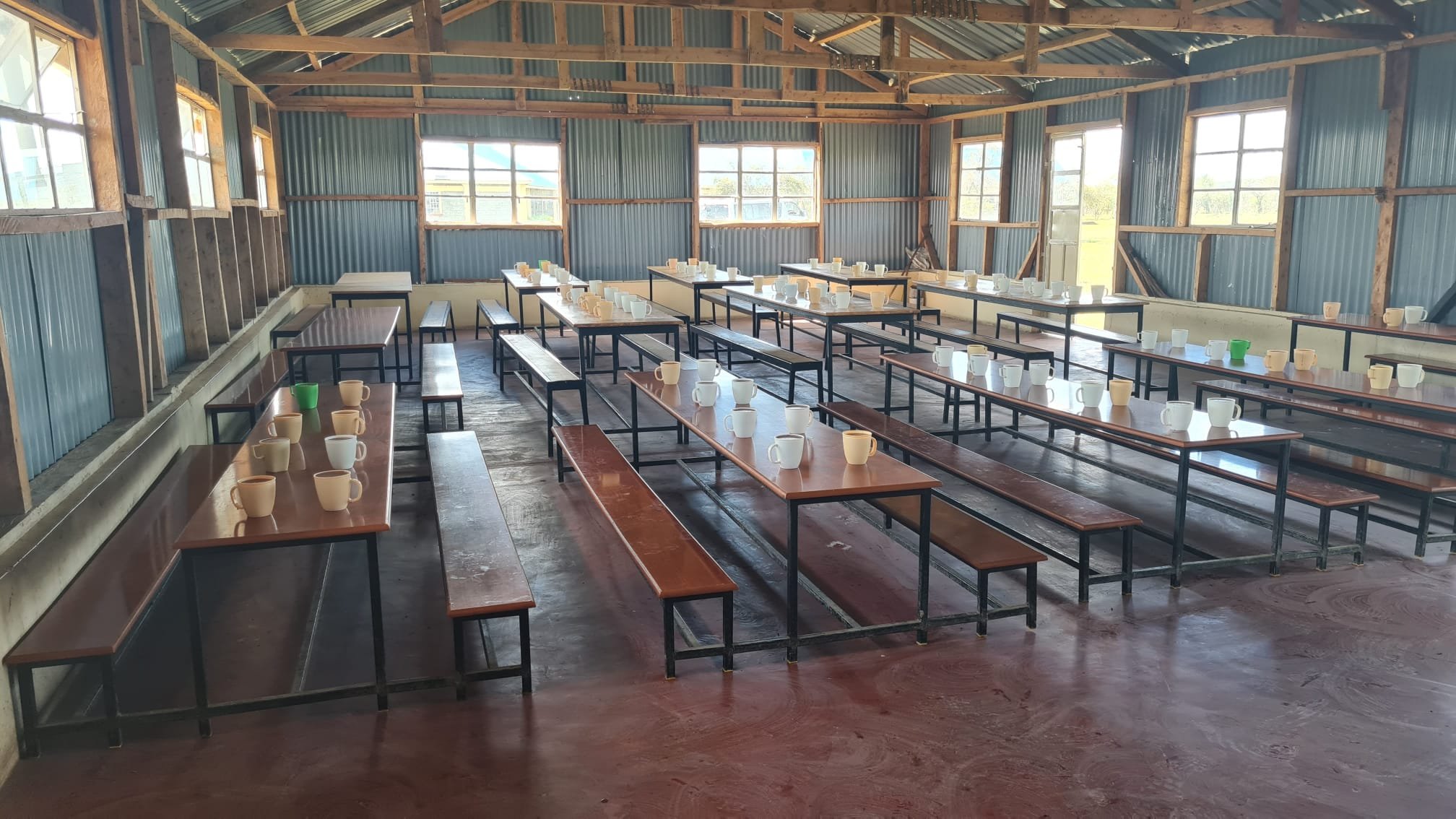
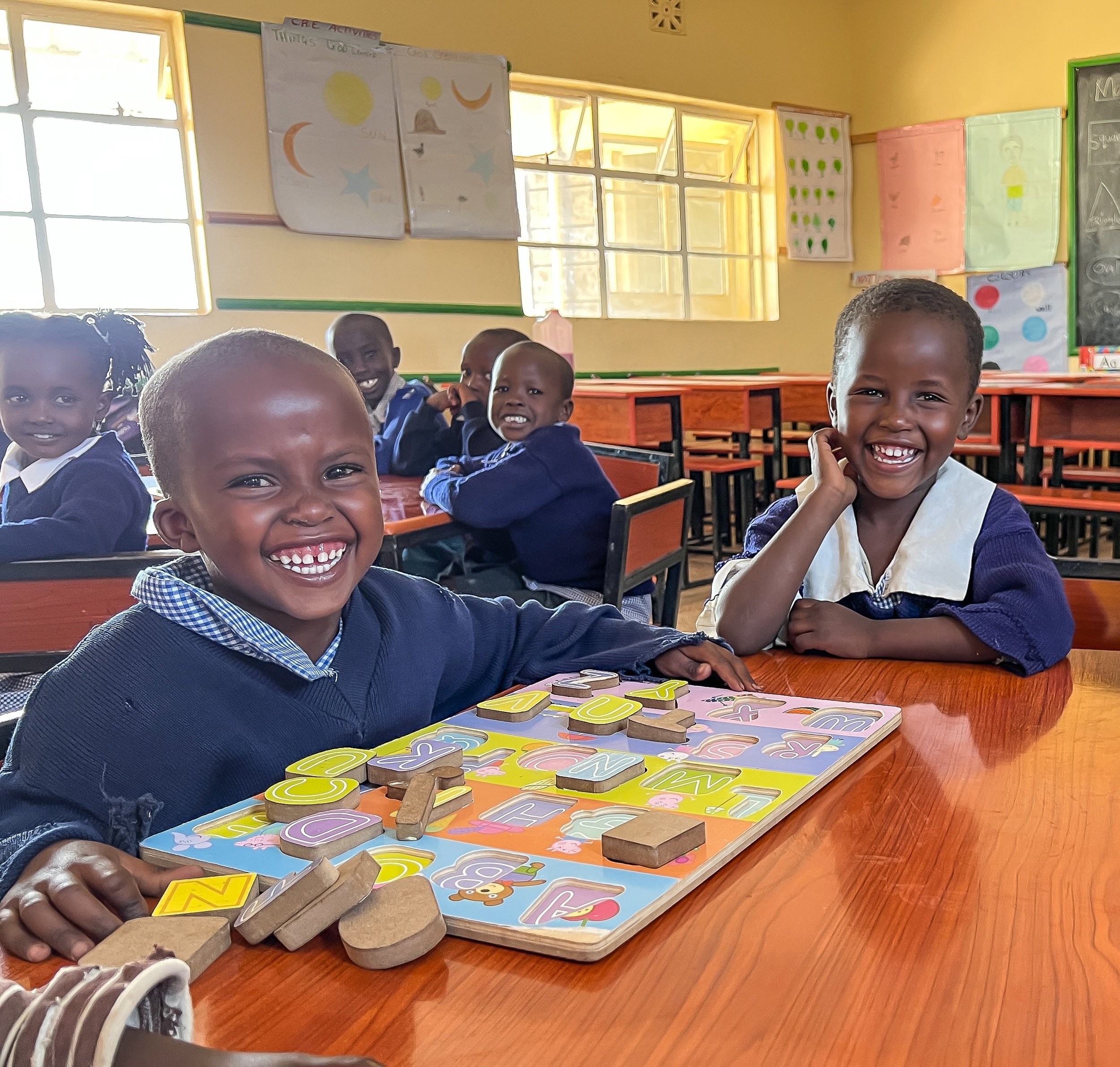
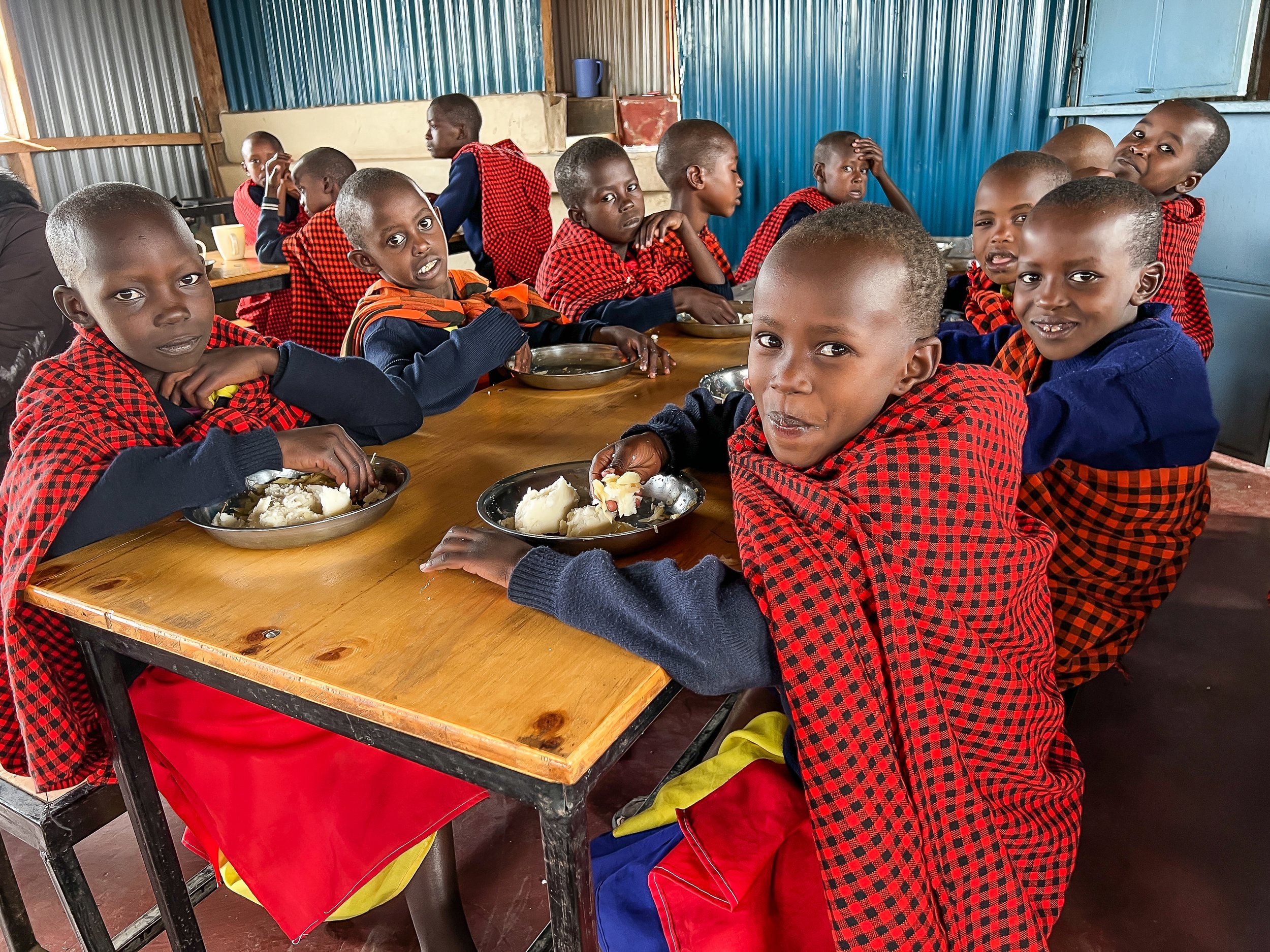
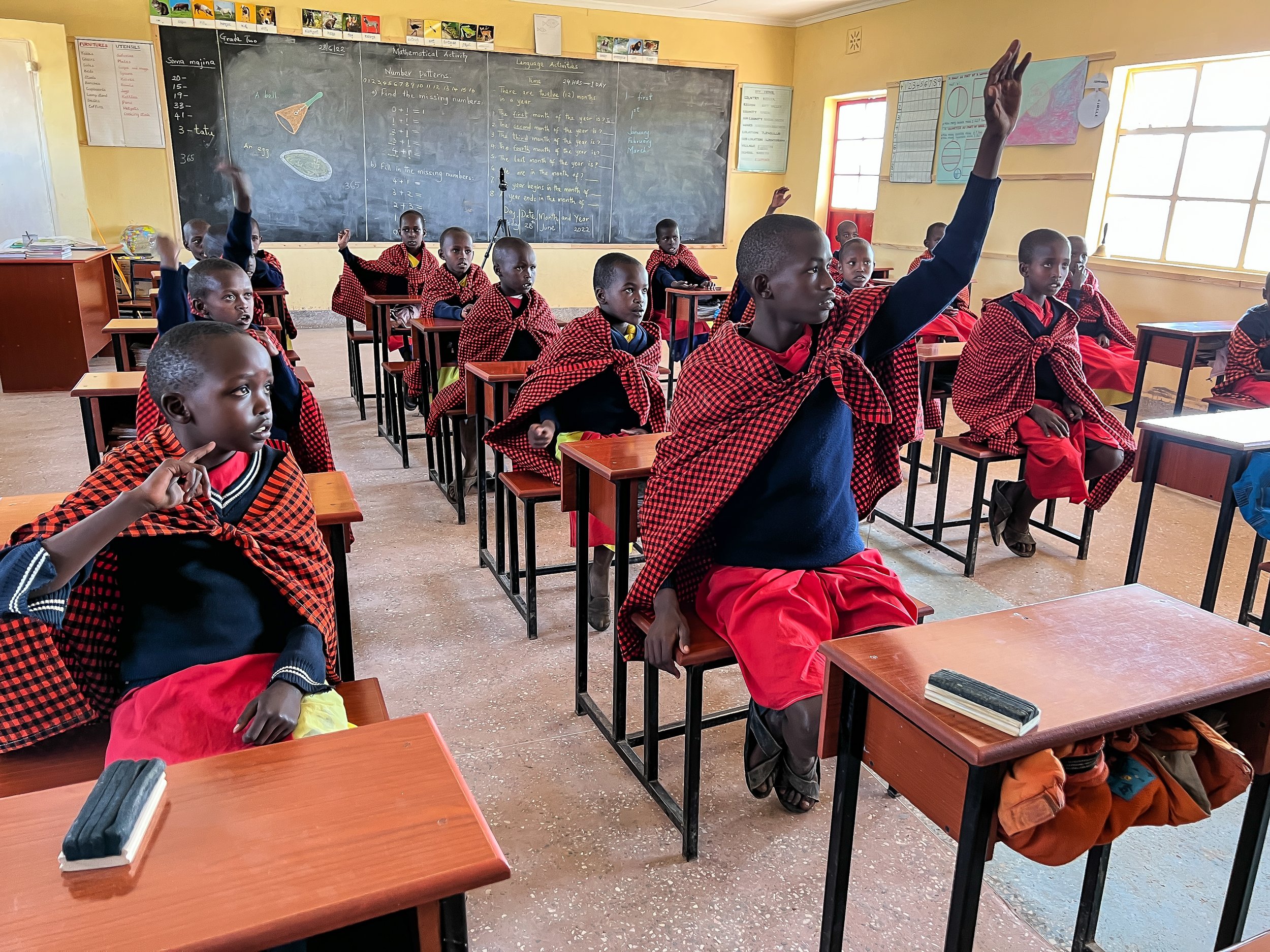



Naretu Academy currently educates 138 Maasai children, and every year, we expand the school by inducting a new class of students. At the present time, the school accommodates students to the fourth grade. We have finished construction on the final three classrooms and we are looking for donations to help furnish the rooms with desks, chairs, teacher’s desk and chair, and a bookshelf.
Naretu Academy empowers our students with a primary education that prepares them for secondary school enabling them to lead a better life outside of poverty. The students are taught by eight certified teachers, and they receive two free meals each day. The school has a full time gardener who maintains the vegetable garden and several fruit trees that provide our students with an assortment of produce for better nutritional meals.
Mission:
To create a nurturing environment for the Maasai children though basic needs by creating an environment to empower the students and strengthen the community through social-economic endeavors which will in turn lead to a better quality of life.
Vision:
To establish a learning environment where elementary school children can gain the necessary skills to begin their quest for knowledge that has the potential to reduce or eradicate the challenges of poverty.
The Challenge:
The budget the Kenyan government commits to the education sector is small in comparison to the needs of the citizens across the country. According to the Education for Al Global Monitoring Report, international trends show that the majority of low educational attainment is concentrated in developing countries. Kenya is ranked among the poorest countries in the world and the report noted that there is a strong relationship between poverty and low levels of illiteracy (Education for Al Global Monitoring Report, 2006).
Despite the Kenyan government offering free primary education, many government schools offer substandard education. Class sizes tend to be too large, sometimes even as high as 100 students per class. The interaction between students and teachers is minimal, affecting the quality of students produced.
Because of inadequate education funding from the Kenyan government, rural schools are often forced to hire uncertified teachers at a lower cost, creating adverse effects on the quality of students’ educations.
Naretu Academy is a private school and receives no funding from the Kenyan government. It is through school fees and private donations that we are able to run this school and provide our students with an incredible opportunity and education. Naretu must follow all of the Kenya governments education curriculum guidelines but no financial support is provided. That’s why your donation is vital to our students' success. We also address the problem of inadequate faculty head on by prioritizing the hiring of only certified teachers.
Monitoring & Evaluation:
The project is monitored and evaluated by means of monthly reporting, quarterly updates and annual statements reflecting the progress of the work plan and detailing the process of implementation. Donors and/or funders are welcome to visit the project at anytime.
The monitoring and evaluation process includes the number of children in the school, their academic performance internally as well as an external comparison to other schools through regular exams completed and those done jointly with other schools.
